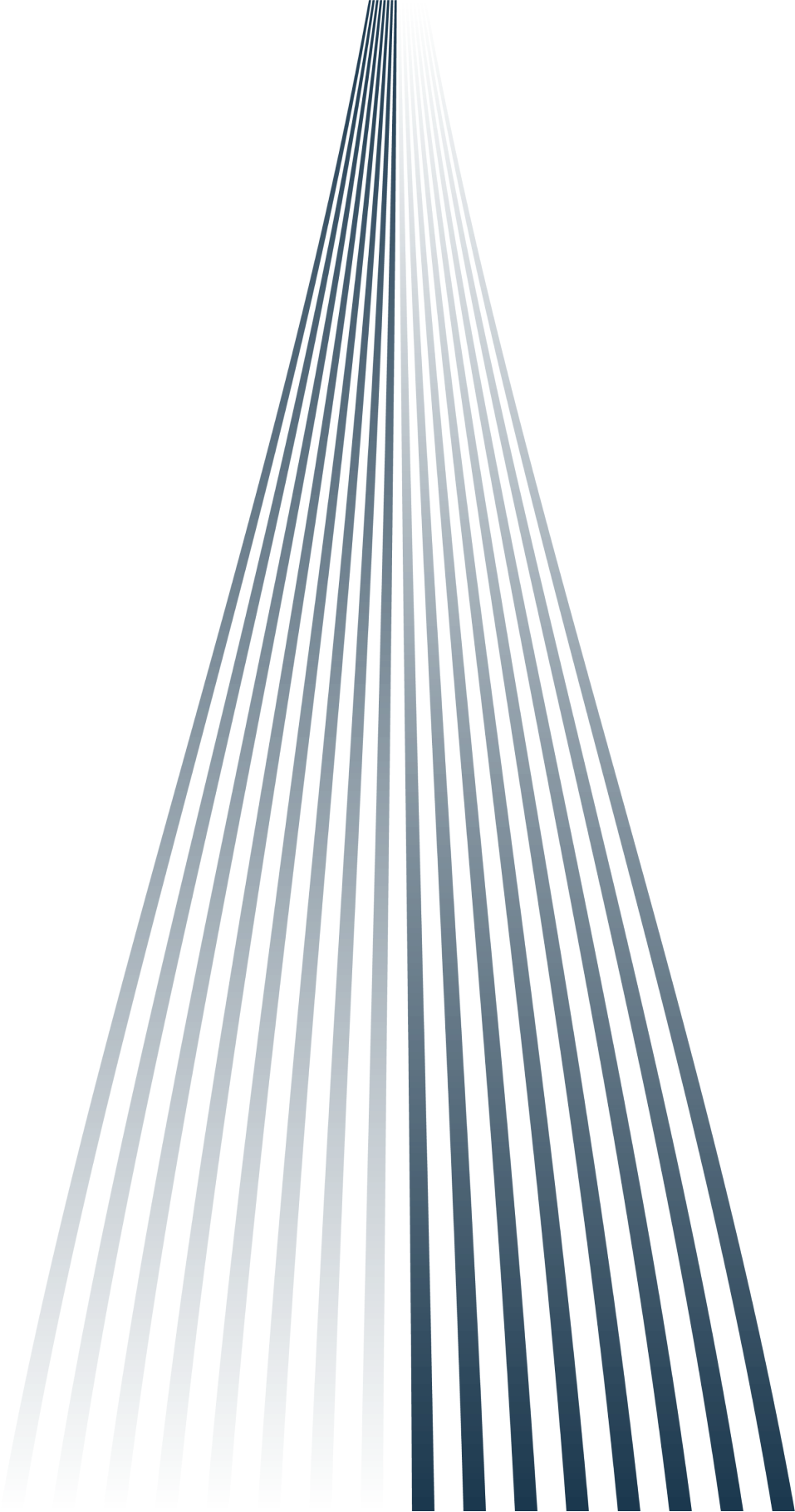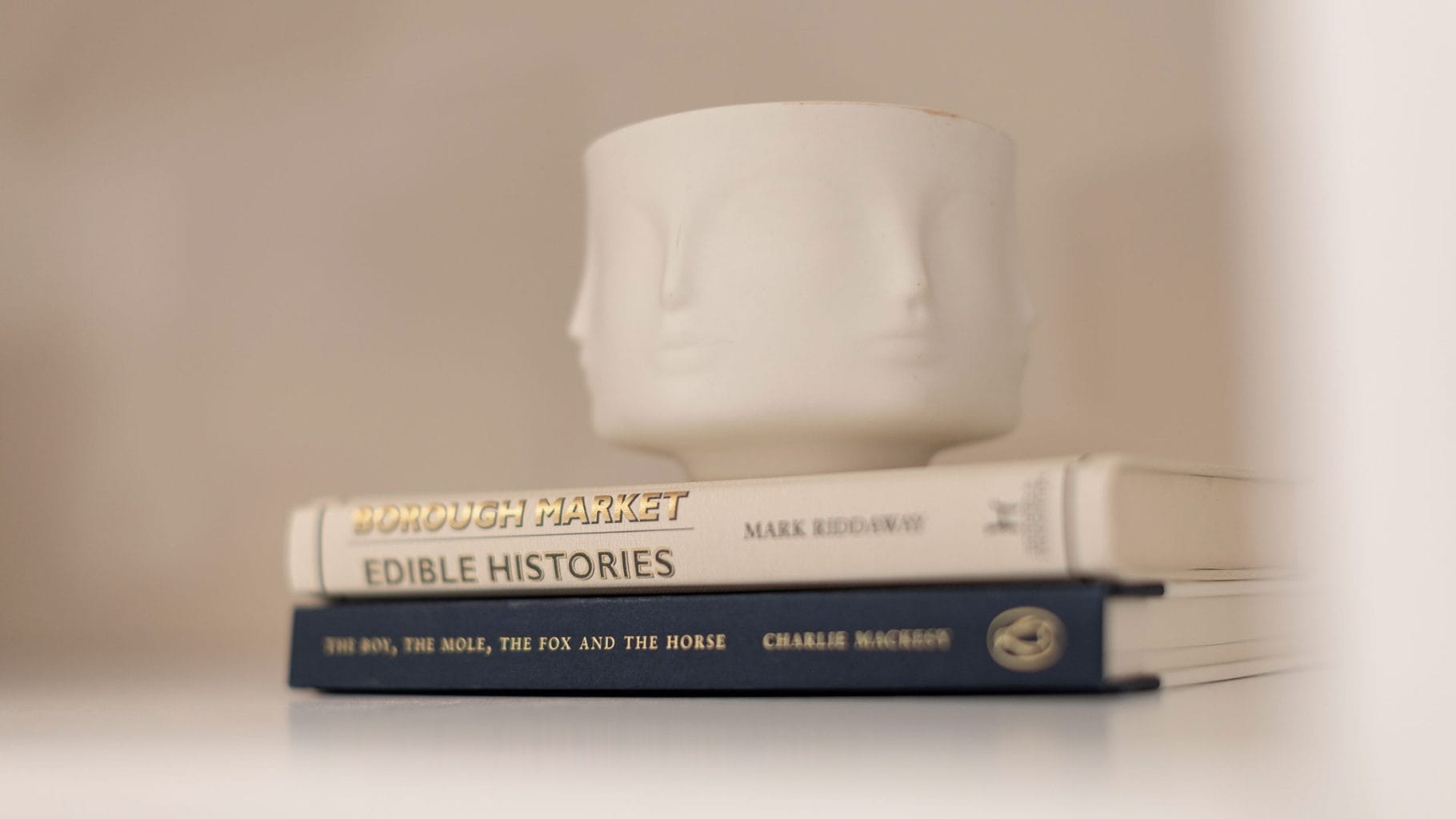
Begin a transformative journey with London Bridge Therapy and experience the invaluable benefits of expert psychological therapy and guidance with our highly skilled therapists
How we can help

Anxiety
Anxiety is a feeling of worry, nervousness, or unease that can be overwhelming and uncomfortable to tolerate and sit with. It often involves excessive panic, fears or thoughts about everyday situations and can manifest physically through symptoms like rapid heart rate, shortness of breath, sweating, or restlessness. Therapy helps individuals develop coping strategies and techniques to manage anxious thoughts and emotions, leading to a more balanced life.
Depression
Depression is a persistent feeling of sadness, hopelessness, and a lack of interest or pleasure in activities that once brought joy. It can affect sleep, appetite, energy levels, and overall outlook on life. Therapy offers support and tools to address underlying causes, change negative thinking patterns, and rebuild a sense of purpose and hope.
Stress
Stress is the body’s response to pressure or challenges, which can come from work, relationships, or other life events. While short-term stress can be motivating, chronic stress can lead to physical and emotional exhaustion. Therapy focuses on identifying stressors, developing relaxation techniques, and finding healthier ways to respond to life’s demands.
Burnout
Burnout is a state of emotional, physical, and mental exhaustion caused by prolonged stress, often from work or caregiving roles. It can leave individuals feeling drained, detached, irritable, and unable to meet daily demands. Therapy can provide strategies for boundary-setting, self-care, and reclaiming a sense of balance and fulfilment.
Trauma
Trauma results from experiencing or witnessing distressing events, leading to intense emotional and physical reactions that can linger long after the event. It can make individuals feel unsafe or stuck in a state of heightened alertness. Therapy helps process the traumatic experience in a safe space, allowing for healing and a path forward.
Relationships
Relationship worries can stem from communication breakdowns, trust issues, or unmet needs, affecting couples, families, or friendships. These challenges can create emotional pain and disconnection. Therapy provides a space to understand relationship dynamics, improve communication, and rebuild connections with others.
Self-esteem & Self-confidence
Low self-esteem and self-confidence involve negative beliefs about oneself, often leading to feelings of inadequacy and self-doubt. These feelings can limit one’s ability to pursue goals and experience fulfilment. Therapy helps challenge these negative thoughts, build self-acceptance, and strengthen a positive self-image.

Anger
Anger is a natural emotion that can become problematic when it’s frequent, intense, or difficult to boundary. It may cause conflicts in relationships and hinder personal well-being. Therapy teaches techniques to manage anger constructively, helping individuals respond to triggers more calmly and express their feelings in healthier ways.
Death, Grief, and Sorrow
Grief is a deep and often overwhelming response to the loss of a loved one. It can involve a wide range of emotions, from sadness and loneliness to guilt and anger. Therapy provides support through the grieving process, helping individuals find ways to honour their loss while gradually adjusting to life without their loved one.
Demanding Job & Work Stress
Job-related stress can result from long hours, high pressure, or a lack of work-life balance, leading to exhaustion and decreased job satisfaction. It can also impact mental and physical health, as well as negatively impact relationships. Therapy helps develop strategies for managing workload, setting boundaries, and finding ways to achieve a healthier relationship with work.
Existential Crisis
An existential crisis involves deep questioning about life’s meaning, purpose, and direction, often triggered by major life changes or losses. It can lead to feelings of confusion, hopelessness, or a sense that life lacks meaning. Therapy offers a space to explore these concerns, helping individuals find clarity, purpose, and a sense of inner peace.
Panic Attacks
Panic attacks are sudden episodes of intense fear or discomfort, accompanied by physical symptoms like chest pain, shortness of breath, or dizziness. They can feel overwhelming and come without warning. Therapy helps identify triggers and teaches techniques to manage and reduce the frequency and intensity of panic attacks.
Post-Traumatic Stress Disorder (PTSD)
PTSD develops after experiencing or witnessing a traumatic event and can involve flashbacks, nightmares, and severe anxiety. Individuals may feel as if they are constantly reliving the trauma, making it difficult to move forward. Therapy provides structured approaches to process trauma, reduce symptoms, and regain a sense of safety.
Sexual Difficulties
Sexual difficulties can include issues like low libido, performance anxiety, or discomfort with intimacy, affecting individuals or couples. These challenges may stem from physical, emotional, or relational factors. Therapy offers a space to explore these concerns without judgement, promoting understanding, communication, and a healthier sexual relationship.
Other areas we treat
- Attachment difficulties
- Body image
- Bullying
- Childhood experiences
- Eating difficulties
- Erectile dysfunction
- Gaslighting
- Health anxiety
- Leadership
- Lifestyle
- Loneliness
- Love life
- Mood swings
- Negative thoughts
- Obsessive-compulsive disorder (OCD)
- Parenthood
- Past life events
- Performance anxiety
- Perfectionism
- Personal development
- Phobias
- Polyamory
- Relationship to food
- Self-harm
- Separation or divorce
- Serious illness
- Sexual trauma
Therapies We Use

Next Steps
Our Fees

Individual therapy assessment
50 min assessment

Individual therapy
50 min session

Couples therapy assessment
60 min assessment

Couples therapy
60 min session


Get in touch
Embark on the path to addressing concerns and finding the support you need. Reach out to us today to start your journey with London Bridge Therapy.
Your well-being is our priority at London Bridge Therapy.




















